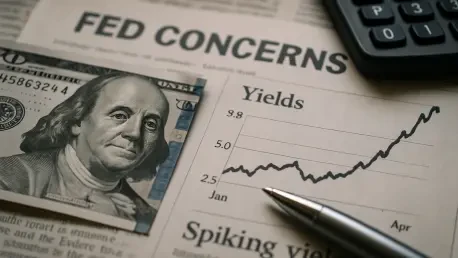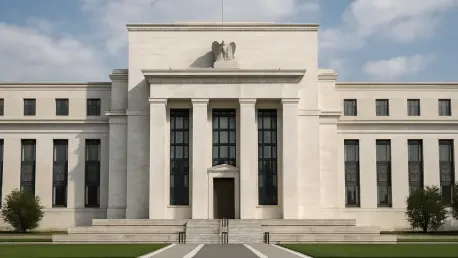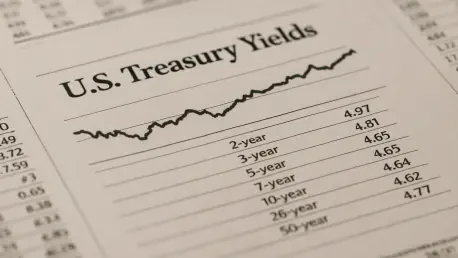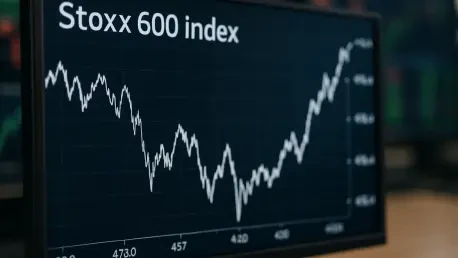
The Unsettled Bond Market: A New Era of Risk In a clear signal of growing unease among investors, U.S. Treasury yields surged on Friday, driven not by typical economic reports but by a potent mix of geopolitical drama and institutional instability. The across-the-board rise, which saw the 10-year

In the high-stakes world of central banking, where a single phrase can move global markets, an offhand remark from the President of the United States has dramatically reshaped the contest to lead the Federal Reserve. The speculative landscape for who will succeed current Chair Jerome Powell was

A Shifting Landscape: Why All Eyes Are on Treasury Yields The U.S. Treasury market, a cornerstone of global finance, is sending ripples across the economy as yields continue their upward march. These rates, which influence everything from mortgage loans and corporate debt to the valuation of

In a move that underscores a deep-seated policy dilemma, the People's Bank of China has maintained its benchmark lending rates for the eighth consecutive month, navigating a precarious path between stimulating a faltering economy and preventing the buildup of systemic financial risks. This decision

A powerful wave of optimism, originating from a blockbuster earnings report in Asia, swept across European markets, lifting the pan-European Stoxx 600 index to a notable 0.6% gain and underscoring the profound interconnectedness of the global technology supply chain. The day's trading was

The New Land Barons: A Modern Gilded Age for American Acreage From the sprawling ranches of the Mountain West to the fertile croplands of the Midwest, a quiet but significant transfer of wealth is reshaping the American landscape. At the forefront of this trend is Stan Kroenke, owner of the Los